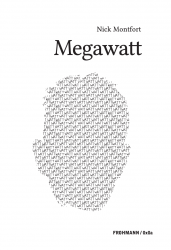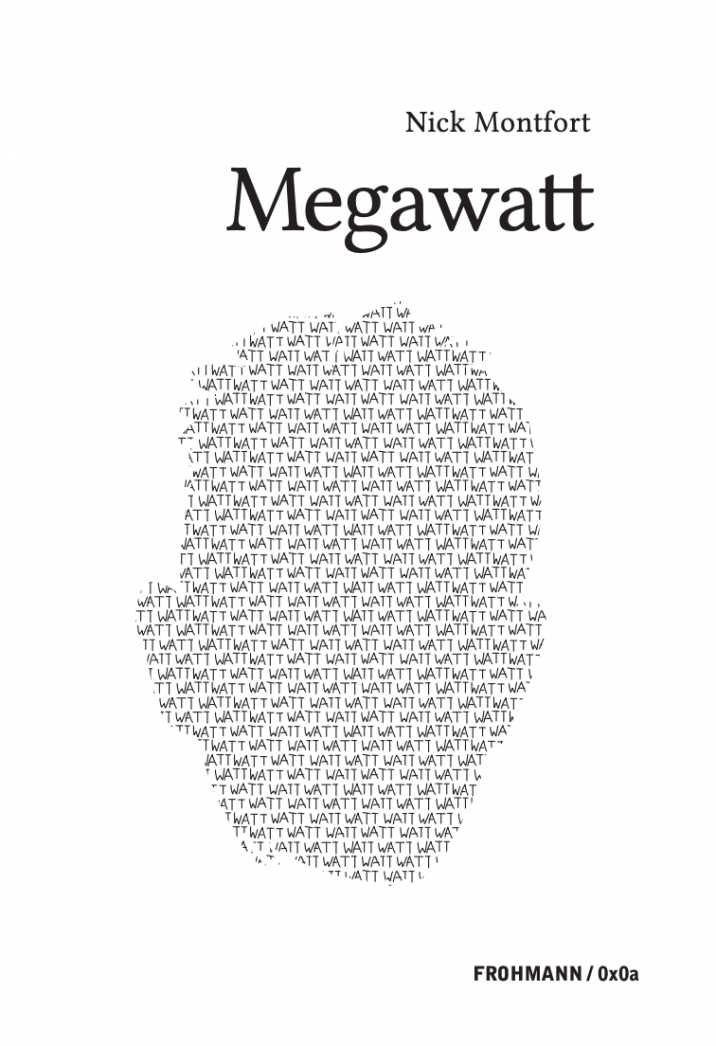
Five years ago, Professor of Digital Media Nick Montfort published his book Megawatt, using just 350 lines of Python code to “[expand] to truly absurd length” passages from Samuel Beckett’s already-absurd book Watt. I asked him if that means he took the text of Watt and ran it through his Python program and was surprised that, no, it didn’t. Recently, literary scholar Hannes Bajohr brought Megawatt another interesting step forward, by modifying the code to output the text in German. Here’s what Professor Montfort told me when I asked about how the whole thing worked, from generation to translation:
Megawatt does not use any corpus of text, nor does the translation.
Beckett’s Watt is a book that contains several very remarkable passages that (although Beckett wrote the book before general-purpose computing) are essentially bizarre, permutational runs of text — much like computer-generated writing before computers.
Megawatt takes these already strange and unreadable passages and expands them to truly absurd length, this time using an actual computer program to do the work. I wrote a fairly small program to do this. It’s less than 350 lines long, and available at nickm.com/code/megawatt.py.
There is no “source text” however — everything the program needs to do its work is contained within the code.
Hannes Bajohr did his translation by modifying my Python program, which generates English output, into another Python program which generates German output. The result certainly is very similar in concept and form to my Megawatt, but in German.





